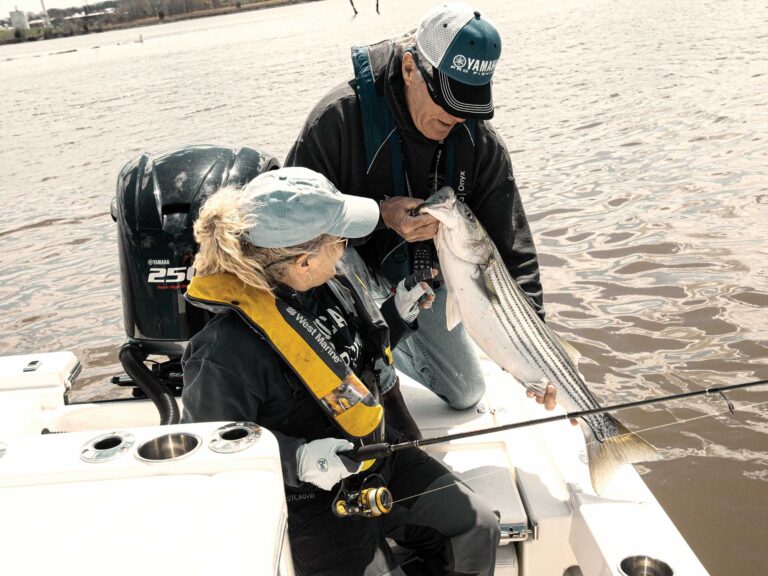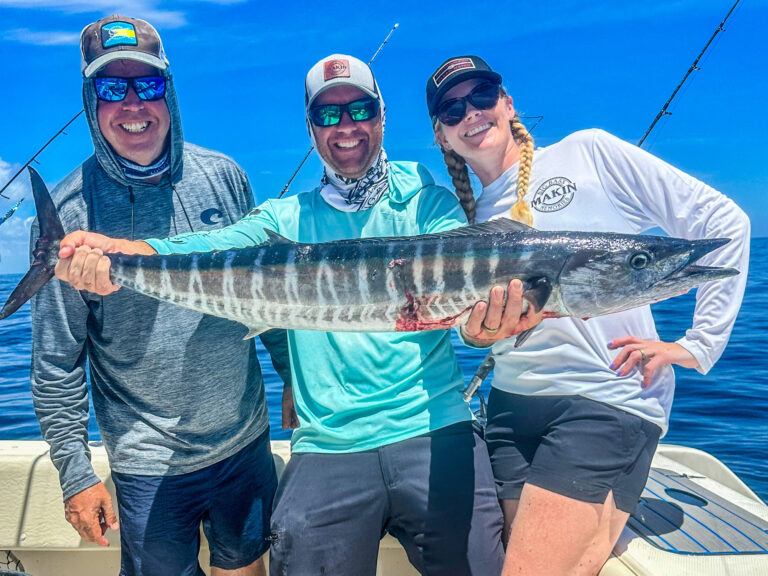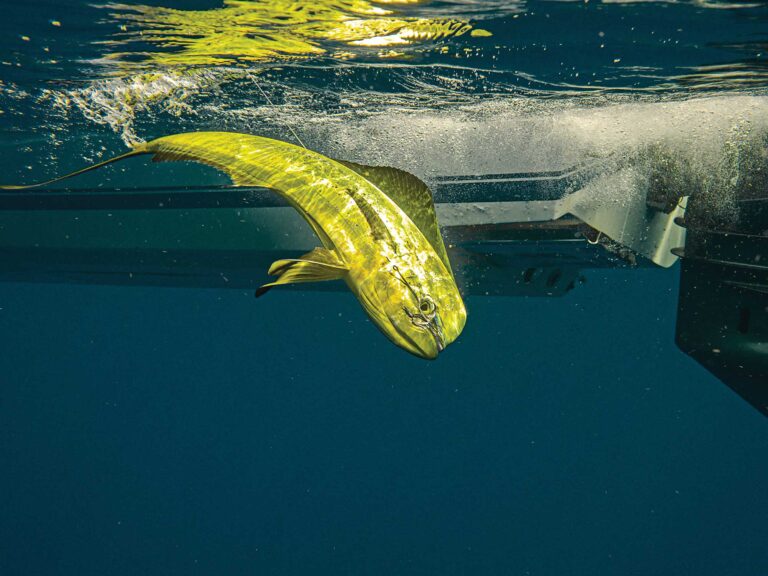Move over Alligator boots and snakeskin belts. You have some competition.
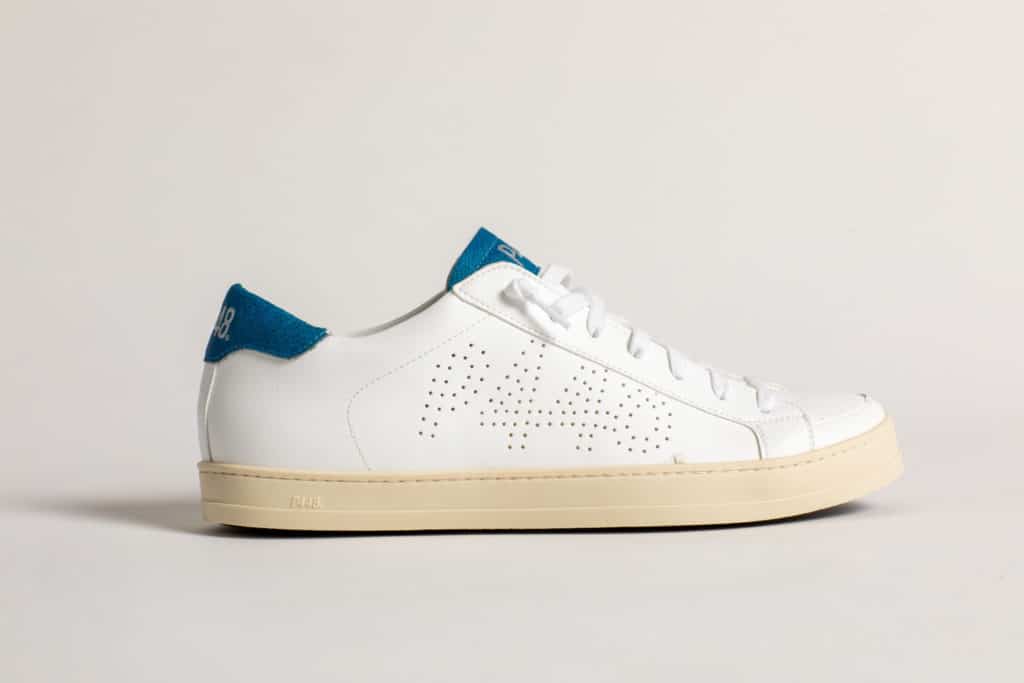
And this new exotic leather isn’t simply part of a business venture. It’s a development that could help ecosystems threatened by a fearsome invasive species.
Florida-based company Inversa has started making a leather alternative out of the skins of lionfish, which have been wreaking havoc on native species in warm waters in the Western Atlantic, including along the Florida coast and in the Caribbean.
“Diving in Florida year after year is how I became exposed to this problem and how bad it is,” said Aarav Chavda, CEO of Inversa. “A healthy reef is bright and loud and noisy. I would see a reef and it would look a little different every year.
“You look around and think, ‘This doesn’t feel right.’ And then you see a lionfish.”
Native to the Indo-Pacific, the striking lionfish has long been an aquarium staple. Whether released deliberately or by accident, those aquarium fish are likely the source of a wild population first detected in Florida waters in the mid-1980s.
With ample food and few to no natural predators—it is thought that groupers may be an exception—the lionfish population has boomed in the warm western Atlantic over the past 15 years, according to the National Oceanic and Atmospheric Administration’s Fisheries division.
Adult lionfish feed primarily on fish, including prey normally targeted by commercially and recreationally important species such as grouper and snapper. In one instance, researchers found that a single lionfish on a coral reef could reduce recruitment of native reef fish by an astounding 79 percent.
In addition to competing with native species for forage, lionfish can decimate populations of important herbivore species such as parrotfish that help control algae on coral reefs. Unchecked algae growth can further impact reefs already stressed by pollution, disease, sedimentation and climate change, according to NOAA.
Efforts to slow the expansion of lionfish have had some success. Fishing derbies have been found to be effective at controlling local populations. Lionfish have also become popular targets for recreational spearfishermen. However, although the fish have mild, tasty white flesh, the relatively small size of fillets is an obstacle to creating vibrant commercial demand.
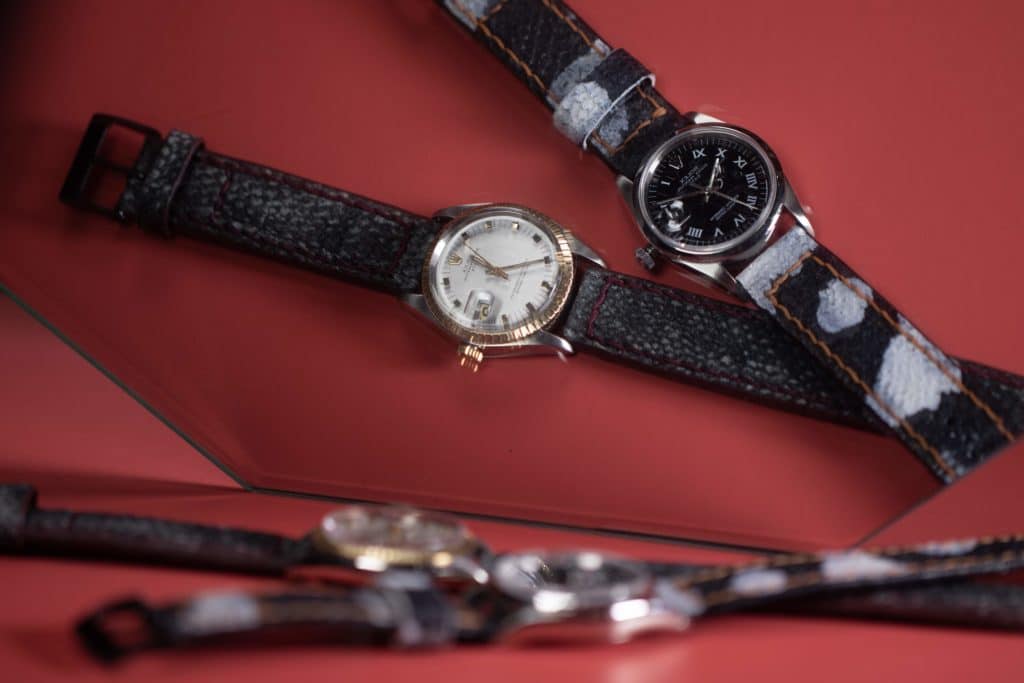
Inversa obtains lionfish from various sources, including seafood cooperatives in the Caribbean. Most are harvested by divers using spearfishing gear. The company’s sister brand, Saltino Seafood, sells fillets to restaurants while the skins are shipped to a specialty tanner in Ohio.
The remainder of the fish is used for bait and oils, said Chavda, noting that utilizing the entire fish and minimizing waste was important given the company’s desire to adhere to a low environmental impact ethic.
The skin creates strong, uniquely textured leather that is tanned and dyed using environmentally responsible techniques. Because the skins average a modest 55 square inches, the resulting leather is best suited for smaller items such as wallets and as accents.
“The size does require some creative thinking,” said Idaho-based artisan Francesca Ritchie, founder and designer at Teton Leather.
Teton Leather was an early partner, using the lionfish leather in items such as wallets that combine lionfish leather and alligator leather.
“I dodged Aarav’s calls for a while,” admitted Ritchie, who is constantly being approached by vendors hoping to persuade her to try their leathers. “But once we talked and I understood what they were doing, I was so jazzed I said, ‘Let’s run with this.’”
Ritchie starts with undyed, waterproof-tanned skins and dyes them herself.
“None of the other skins have that waterproof quality,” she said. “And with the wild scale pocket texture it almost looks alive.”
Inversa has also partnered with Italian footwear company P448, which makes hip sneakers. Other partnerships are in the works, Chavda said.
Also in the works? Chavda said the company is working on an alternative leather made from the skin of another non-native species causing harm in North America. He said an announcement is forthcoming later in 2022.
Visit www.inversaleathers.com to learn more or find out where to find products made with lionfish leather.





